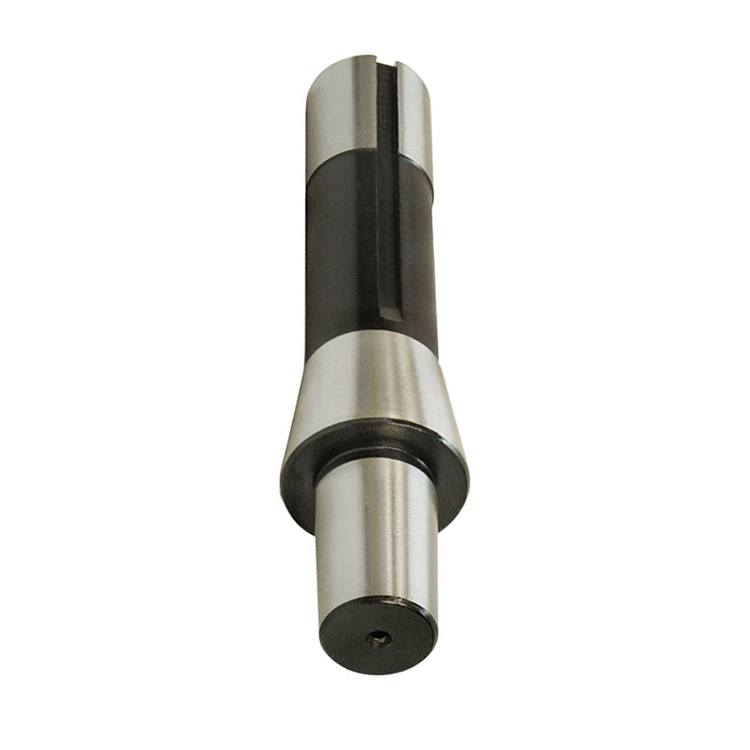lathe tools Supplier
Finding the right lathe tools supplier is crucial for any machining project, impacting precision, efficiency, and the final quality of the product. This guide explores the key factors to consider when selecting a lathe tools supplier, the types of tools available, and how to ensure you choose the best partner for your needs.
Understanding Lathe Tools and Their Applications
Before searching for a lathe tools supplier, it's important to understand the different types of tools used in lathe operations and their specific applications. Lathes are versatile machines used for shaping metal and other materials through rotational cutting. The tools used in this process are essential for achieving accuracy and desired finishes.
Common Types of Lathe Tools
- Turning Tools: These tools are used to reduce the diameter of a workpiece. They come in various shapes and sizes, designed for roughing or finishing operations.
- Facing Tools: Facing tools create a flat surface on the end of a workpiece.
- Boring Tools: Used to enlarge existing holes or create new ones, boring tools provide precise internal diameters.
- Threading Tools: These tools are specifically designed for cutting threads on the outside or inside of a workpiece.
- Parting Tools: Parting tools are used to cut off a finished part from the bar stock.
- Grooving Tools: These tools create grooves on the workpiece, often for O-rings or retaining rings.
Materials Used in Lathe Tools
The material of the cutting tool significantly affects its performance and lifespan. Common materials include:
- High-Speed Steel (HSS): HSS tools are relatively inexpensive and can be re-sharpened. They are suitable for lower-speed applications and softer materials.
- Carbide: Carbide tools are harder and more heat-resistant than HSS tools. They are ideal for high-speed machining and harder materials.
- Ceramic: Ceramic tools offer excellent wear resistance and are suitable for very high-speed machining of hardened materials.
- Diamond: Diamond tools provide exceptional hardness and are used for ultra-precision machining of non-ferrous materials.
Key Factors to Consider When Choosing a Lathe Tools Supplier
Selecting the right lathe tools supplier is a critical decision. Here are some essential factors to consider:
Product Quality and Range
The supplier should offer high-quality tools that meet your specific needs. Consider the range of tools available, including different types, sizes, and materials. Wayleading Tools is committed to providing a wide range of premium lathe tools to meet diverse machining requirements. Visit www.wayleading.com to explore our catalog.
Supplier Reputation and Experience
Choose a supplier with a solid reputation and extensive experience in the industry. Look for testimonials, case studies, and customer reviews to assess their reliability and customer satisfaction. A reputable lathe tools supplier will have a proven track record of delivering quality products and excellent service. With over 10 years of experience, Wayleading Tools ensures superior quality and reliability.
Pricing and Payment Terms
Compare pricing from different suppliers, but don't compromise on quality for the sake of cost. Understand the payment terms and any potential discounts offered for bulk purchases or long-term contracts.
Delivery and Lead Times
Ensure the supplier can deliver the tools within your required timeframe. Inquire about their shipping methods, lead times, and any associated costs. A reliable supplier will have efficient logistics and transparent delivery schedules. Wayleading Tools ensures prompt and reliable delivery of your lathe tools, minimizing downtime and maximizing productivity.
Technical Support and Customer Service
Choose a supplier that offers excellent technical support and customer service. They should be able to provide expert advice on tool selection, application, and maintenance. A responsive and knowledgeable support team can help you troubleshoot issues and optimize your machining processes.
Finding the Right Lathe Tools for Your Specific Needs
The optimal lathe tools depend on the specifics of your project. Here's a table comparing different tool types and their best-use cases, along with example models from trusted brands. This data is compiled from respective manufacturers' websites.1,2,3
| Tool Type | Application | Material | Example Model |
|---|---|---|---|
| Turning Tool | Reducing workpiece diameter | Carbide | Sandvik Coromant T-Max P |
| Facing Tool | Creating flat surfaces | HSS | Dormer A100 HSS Facing Tool |
| Boring Tool | Enlarging holes | Carbide | Kennametal Boring Bar |
| Threading Tool | Cutting threads | Carbide | Iscar Threading Insert |
1Sandvik Coromant Website, 2Dormer Tools Website, 3Kennametal Website, 4Iscar Website
Considering the Workpiece Material
The material you are machining will greatly influence your choice of lathe tools. For example, machining hardened steel requires tools made of carbide or ceramic, while aluminum can be machined with HSS or carbide tools. Always check the manufacturer's recommendations for the appropriate tool material.
Choosing the Right Geometry
The geometry of the cutting tool, including the rake angle, relief angle, and nose radius, affects the cutting performance and surface finish. Different geometries are suitable for different materials and applications. Consult with your lathe tools supplier for guidance on selecting the optimal geometry for your specific needs.
Maintaining Your Lathe Tools for Optimal Performance
Proper maintenance is essential for extending the lifespan and maintaining the performance of your lathe tools. Here are some key maintenance practices:
Regular Sharpening
Keep your tools sharp to ensure clean cuts and prevent excessive wear. Use a dedicated tool grinder or sharpening service to maintain the correct angles and geometry.
Proper Storage
Store your tools in a dry, clean environment to prevent rust and corrosion. Use tool holders or cases to protect the cutting edges from damage.
Cleaning and Lubrication
Clean your tools after each use to remove chips and debris. Apply a light coat of oil or lubricant to prevent rust and corrosion.
Conclusion: Partnering with the Right Lathe Tools Supplier
Choosing the right lathe tools supplier is a critical investment that can significantly impact your machining operations. By considering the factors outlined in this guide, you can find a reliable partner who can provide you with high-quality tools, expert support, and competitive pricing. Wayleading Tools is dedicated to being that partner, offering comprehensive solutions for all your lathe tools needs. Contact us today to learn more about our products and services.
Related products
Related products
Best selling products
Best selling products-
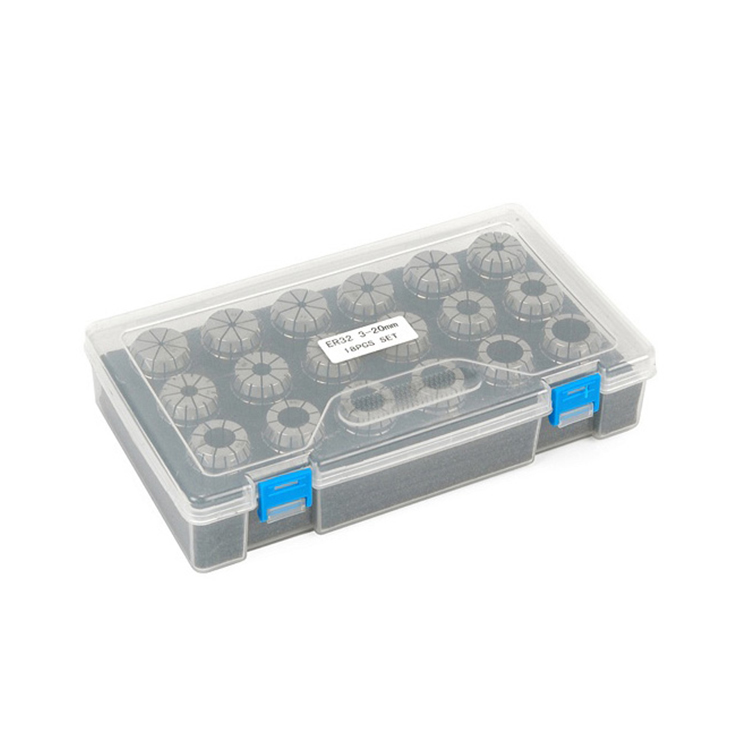 ER Collet Set With Hight Precision Milling
ER Collet Set With Hight Precision Milling -
 Precision Straight Shank To Morse Taper Adapter
Precision Straight Shank To Morse Taper Adapter -
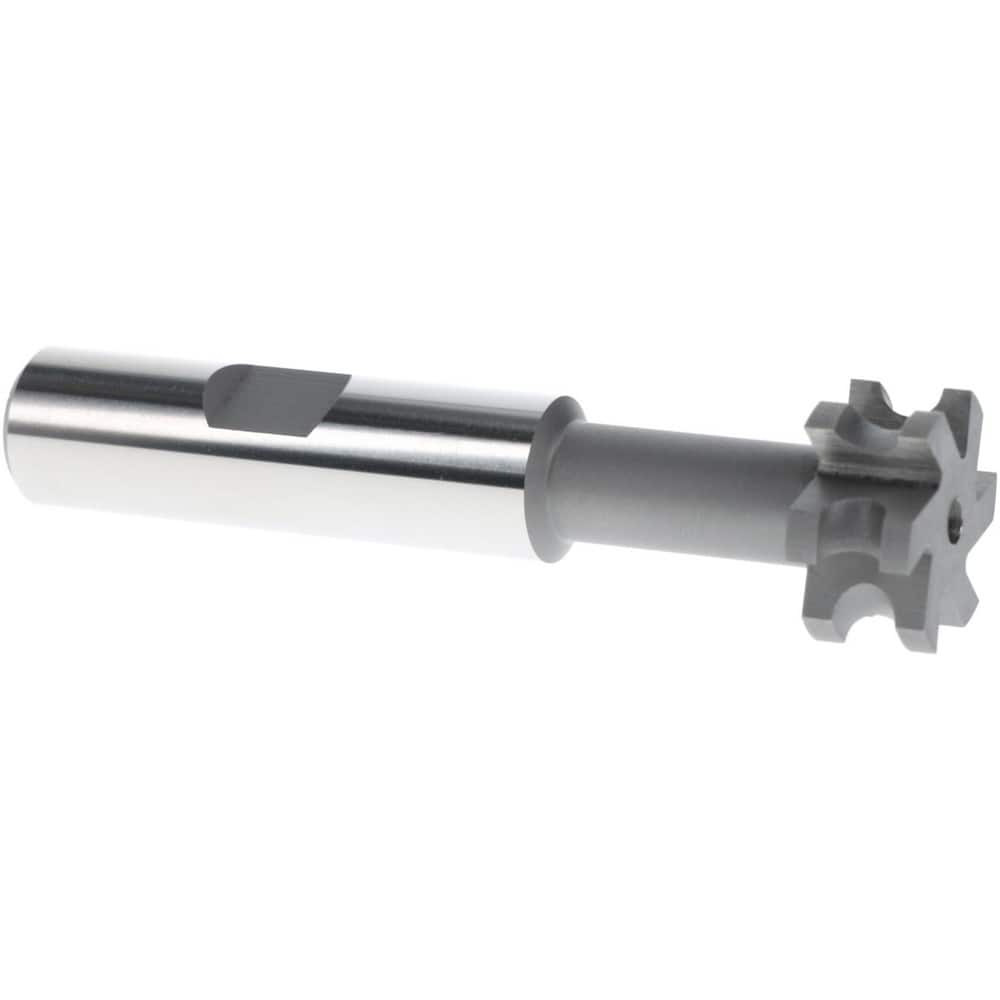 HSS Inch Concave Milling Cutter For Industrial
HSS Inch Concave Milling Cutter For Industrial -
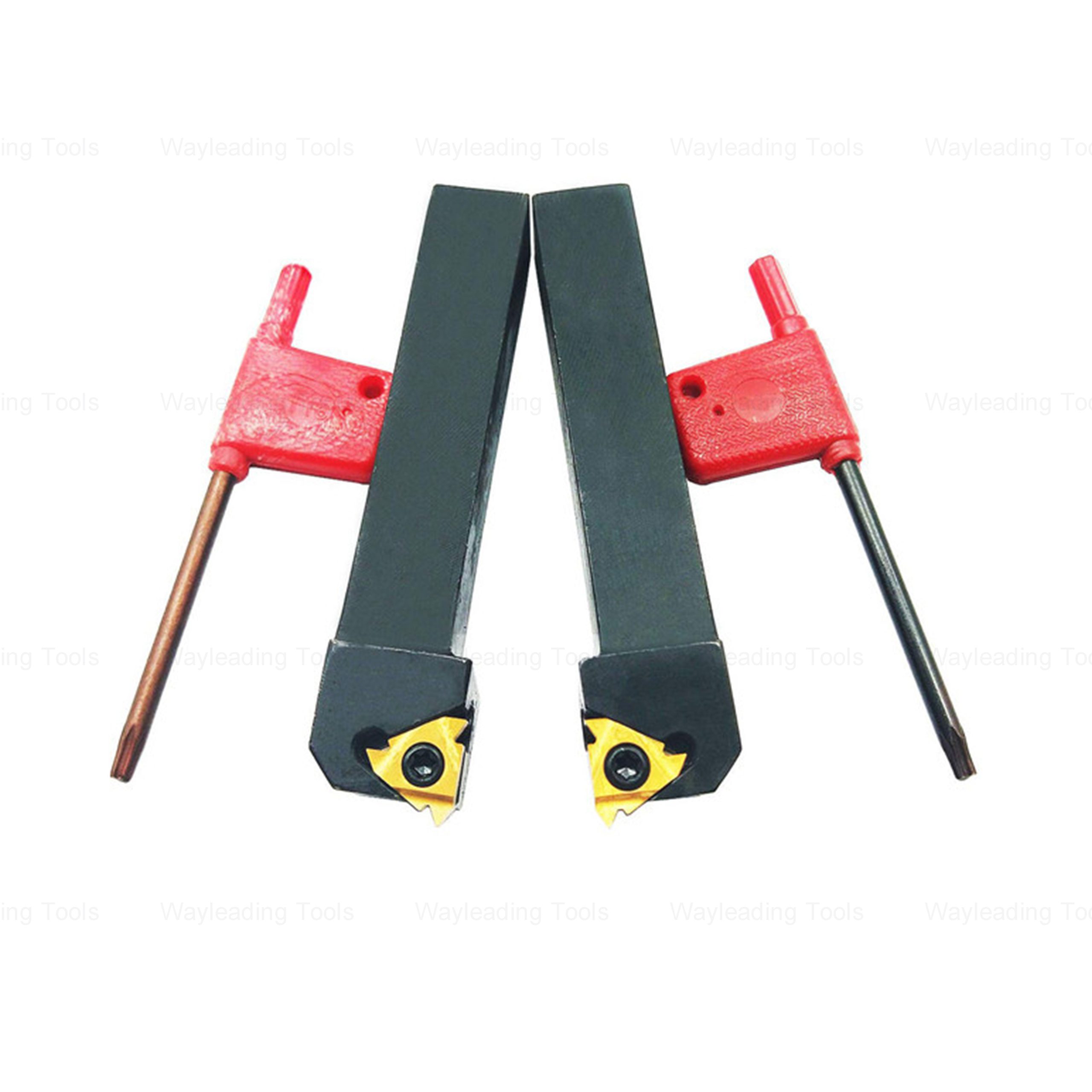 Indexable External Threading Tool Holder – SER / SEL, Metric & Inch
Indexable External Threading Tool Holder – SER / SEL, Metric & Inch -
 DIN4971-ISO1 Carbide Tipped Tool Bit With Right And Left Hand
DIN4971-ISO1 Carbide Tipped Tool Bit With Right And Left Hand -
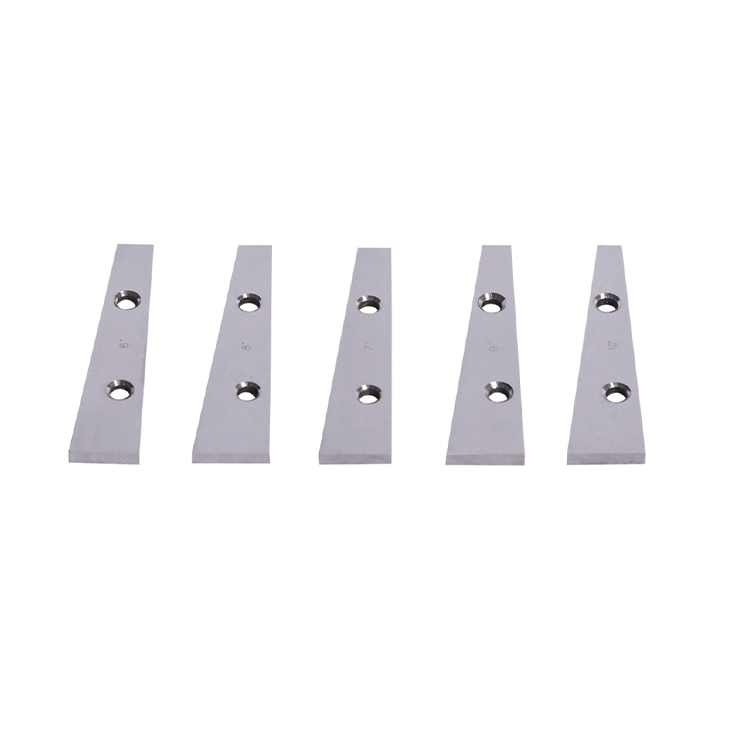 Precision 5pcs & 6pcs Angle Blocks Set With High Quality Type
Precision 5pcs & 6pcs Angle Blocks Set With High Quality Type -
 Dead Center For Morse Taper Shank
Dead Center For Morse Taper Shank -
 HSS Involute Spline Cutter With PA30
HSS Involute Spline Cutter With PA30 -
 Type K-90 Degree Cone Tungsten Carbide Rotary Burr
Type K-90 Degree Cone Tungsten Carbide Rotary Burr -
 Precision V Block And Clamps Set With Heavy Duty
Precision V Block And Clamps Set With Heavy Duty -
 Vernier Height Gauge With Magnifier With Adjustable Main Bean
Vernier Height Gauge With Magnifier With Adjustable Main Bean -
 Type E Oval Tungsten Carbide Rotary Burr
Type E Oval Tungsten Carbide Rotary Burr








